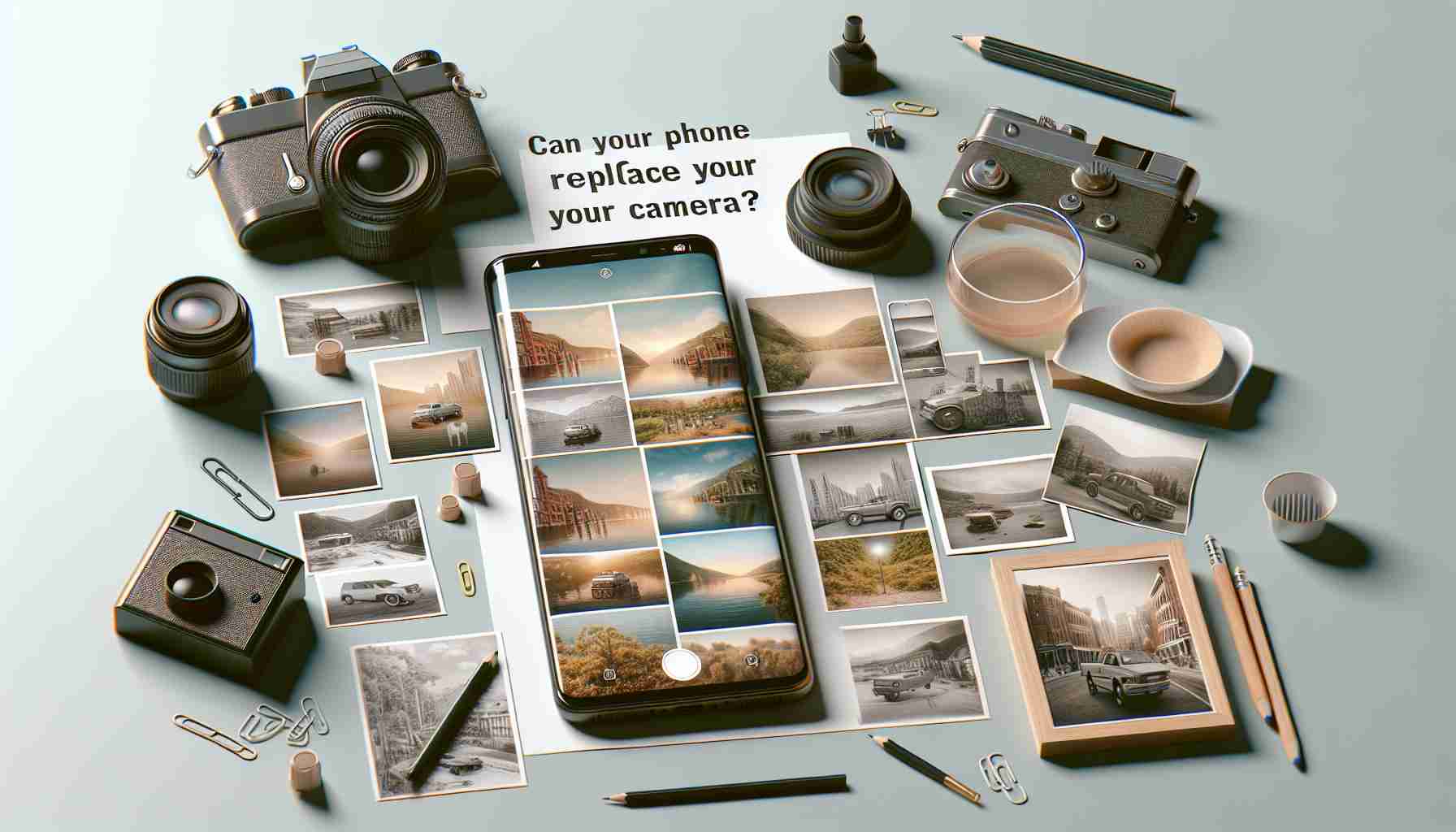In a world where capturing memories is as crucial as living them, having a top-notch camera phone can make all the difference. Here, we explore some of the best camera phones available that boast cutting-edge technology to capture life’s moments in stunning detail.
Apple iPhone 14 Pro Max: Known for its superior camera technology, the iPhone 14 Pro Max does not disappoint. Its 48MP main sensor, coupled with advanced computational photography, provides exceptional clarity and low-light performance. The photographic styles and cinematic mode allow for a professional touch in every shot.
Samsung Galaxy S23 Ultra: Samsung continues to dominate the segment with the S23 Ultra. This powerhouse features a groundbreaking 200MP sensor and advanced nightography capabilities. The space zoom function, which supports up to 100x zoom, ensures you never miss a detail.
Google Pixel 7 Pro: For those who prioritize photography, the Pixel 7 Pro is a top contender. Renowned for its software prowess, Google’s computational photography enhances images dramatically. The Real Tone feature accurately represents skin tones, making portraits truly stand out.
Xiaomi 13 Pro: This device packs a punch with its Leica collaboration, offering a 1-inch sensor camera. The performance in dynamic range and color accuracy is outstanding, making it a go-to option for photography enthusiasts.
Sony Xperia 1 IV: Aimed at creative professionals, this phone includes eye-autofocus for humans and animals, ensuring every shot is perfectly in focus. Its continuous optical zoom lens offers flexibility unseen in other smartphones.
These camera phones prove that professional-quality photography can fit right in your pocket, making traditional cameras seem a thing of the past.
The Hidden Impact of Smartphone Cameras on Human Progress
With the rapid advancements in smartphone camera technology, one might wonder how these devices are reshaping not just photography, but society at large. Let’s delve into what goes unnoticed amidst the megapixel race and cutting-edge features.
Enhancing Education and Documentation: Perhaps unexpectedly, advanced smartphone cameras are transforming education. Students and educators utilize high-quality visual aids for remote learning, enhancing comprehension and retention through rich, interactive media. Moreover, these devices become essential tools for documenting historical events, environmental changes, and cultural heritage.
Privacy Concerns: Scenarios involving privacy breaches are becoming commonplace due to high-resolution cameras. Photos and videos captured can potentially compromise personal and public security if mishandled. This poses the critical question: Are we trading our privacy for convenience?
Boosting Creativity: These powerful cameras democratize artistic expression. Accessibility to professional-grade photography opens avenues for creatives, bloggers, and journalists, allowing them to produce content rivaling traditional media entities.
Environmental Considerations: However, there’s an environmental footprint to consider. The resources required for manufacturing prolific devices impact global sustainability efforts. Can tech companies balance innovation with environmental responsibility?
The Question of Dependency: Are we becoming too reliant on smartphone cameras for memory? This raises questions around living in the moment versus documenting every aspect of life.
While the advancements in camera phone technology foster incredible opportunities, they also bring challenges in privacy, environmental sustainability, and social dynamics. As technology evolves, society must address these implications thoughtfully.
Suggested related links:
Apple |
Samsung |
Google |
Mi |
Sony







